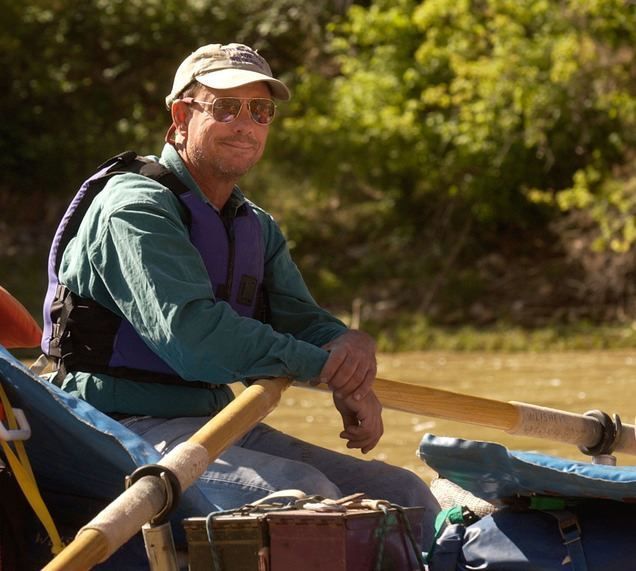Some information may be outdated.
Trust is a value that we all share in our community. And in order to have trust in our local elected officials, we need a basic level of transparency regarding the financial ties that Grand County Council members may have and how those ties might affect the way they vote on key issues. So when council members decide that the laws governing conflicts of interest and disclosure don’t apply to them – as a recent ethics complaint accused Councilman Lynn Jackson of doing – they are directly attacking the trust between constituent and elected official that serves as the foundation of good government.
Disclosure is a matter of public interest. There is no disadvantage to transparent government. That’s why state law requires disclosure of actual or potential conflicts of interest and defines conflict of interest broadly. Utah law specifies that a conflict of interest exists where a personal interest in a business entity does or may conflict with an elected official’s public duties. Period. In each instance of a conflict of interest, state law requires the elected official to disclose the precise nature and value of the elected official’s relationship with the business entity on an annual basis and at a public meeting of the county council.
Local ordinance goes even farther. Grand County prohibits an elected official from considering or voting on a matter before the county council without disclosing his actual or potential financial interest in the matter. The disclosure must occur at a public meeting and before each and every relevant discussion or vote.
The ethics complaint against Councilman Jackson is based on 11 specific instances in which he failed to disclose his financial ties to the potash industry. As far as I can tell, only once did Mr. Jackson meet a disclosure requirement – way back on Oct. 19, 2012, through his candidate financial disclosure and conflict-of-interest statement. That means his only disclosure occurred over three years, prior to election to the Grand County Council, and many important votes ago.
Now that Mr. Jackson is under scrutiny for ethics violations again, he has been quick to claim that his paid consultant work with a potash company hoping to do business in Grand County does not create a conflict. His reasoning? Jackson says the council’s votes on public lands, which influence the outcome of land management decisions, are not important enough to create a conflict of interest.
Unfortunately, that argument has no basis in state and local law, and it is a blatant attempt to undermine Grand County’s influence in the region and state for his own benefit. The truth is, the county council’s position on various public land matters – ranging from the Master Leasing Plan to the Bishop Public Lands Initiative to the Seven County Infrastructure Coalition – is arguably the most influential of all.
That Mr. Jackson maintains a professional relationship with an industry he holds significant influence over is very troubling, perhaps even more so because it is news to almost everyone else in Grand County. The only reason the public ever found out about Mr. Jackson’s continued financial ties to the potash industry is because he was forced to offer up more details to the press last week in response to the complaint to the county attorney.
Mr. Jackson may want to sweep aside our ethics laws as inconsequential, but his constituents and his fellow elected officials have a right to know when a potential conflict exists. When crucial questions determining the future of our economy and way of life in Grand County come before the council, our elected officials must – at the very least – disclose any financial stake they have in the outcome.
Mr. Jackson has jeopardized the trust that Grand County citizens have in their government. He has undermined transparency. It is time to come clean – in the interest of good government.
John Weisheit is Conservation Director for Living Rivers, a nonprofit organization that advocates for and protects Grand County’s waterways. In 2002, he was designated as the Colorado Riverkeeper by the trustees of the Waterkeeper Alliance.
John Weisheit recently filed an ethics complaint against Grand County Council member Lynn Jackson, alleging that Jackson failed to disclose his ties as a consultant to the potash industry. To read Jackson’s response, please see the Nov. 12-18, 2015 edition of the Moab Sun News online.
Appreciate the coverage? Help keep local news alive.
Chip in to support the Moab Sun News.



